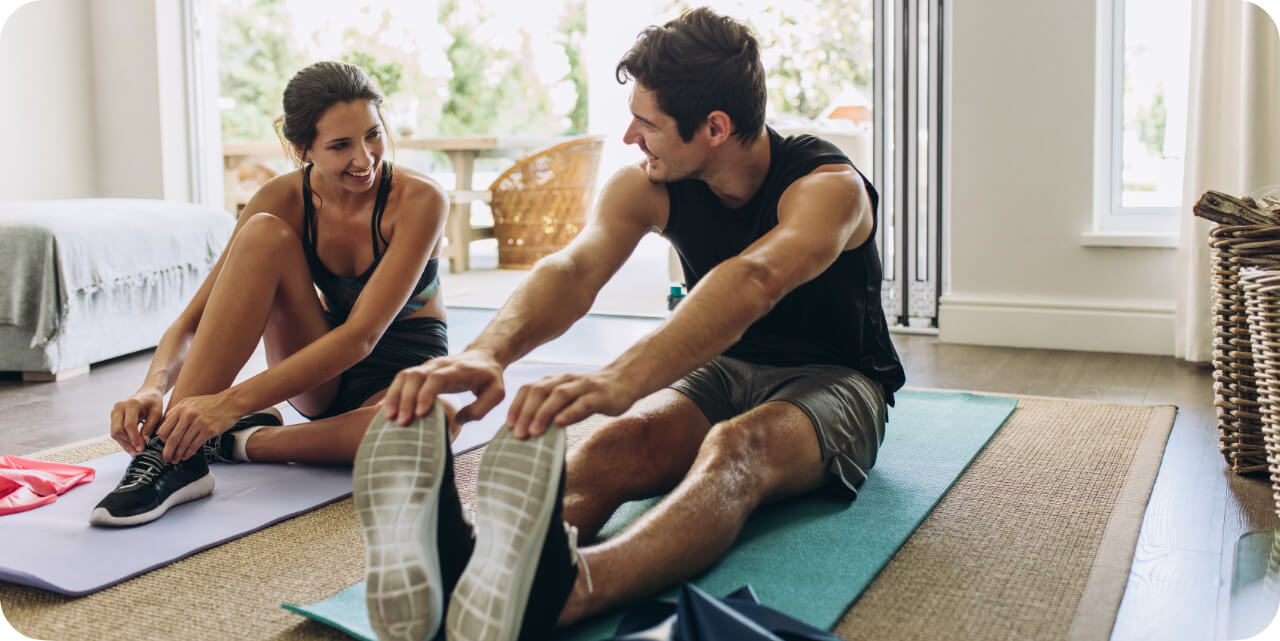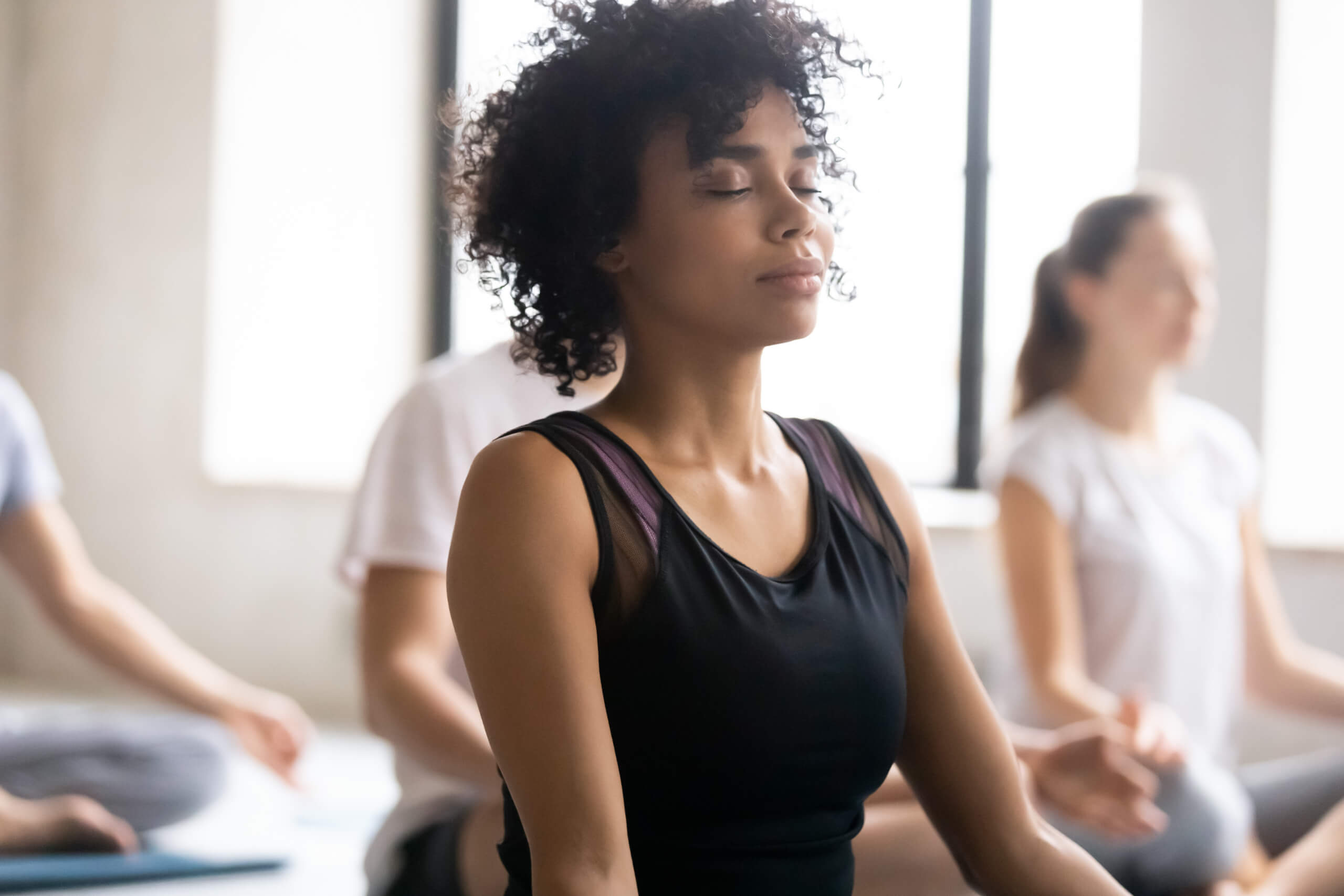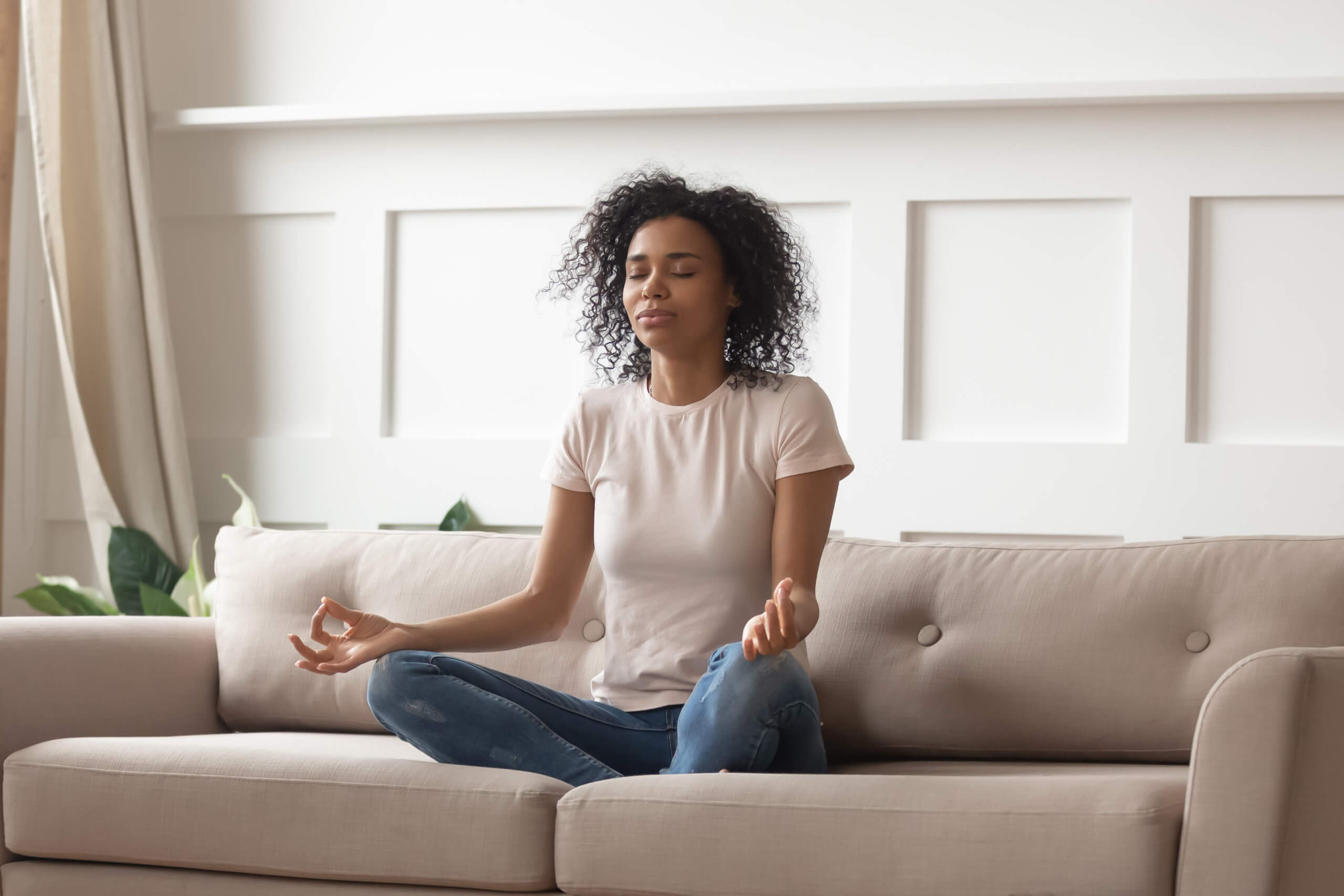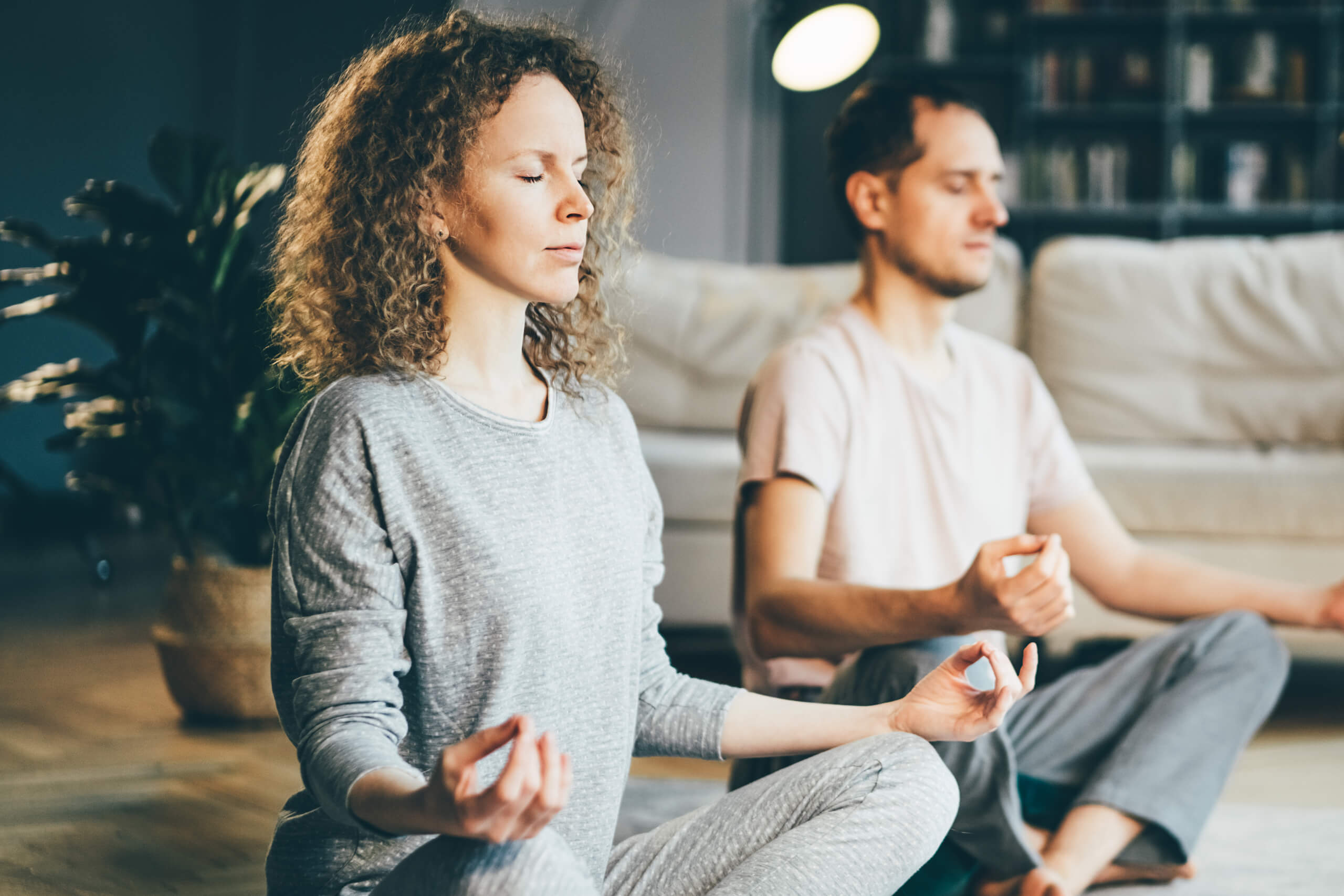Physical activity and mental health are deeply interconnected, influencing each other in profound ways. In today’s fast-paced world, where stress and anxiety are prevalent, understanding this connection is paramount to maintaining overall well-being. Let’s delve into how engaging in regular physical activity can positively impact mental health and enhance quality of life.
Understanding Physical Activity and Mental Health
What is Physical Activity?
Physical activity encompasses any bodily movement that expends energy. This includes exercises like walking, running, swimming, cycling, yoga, and strength training. It’s not just about structured workouts; even daily tasks such as gardening or taking the stairs contribute to physical activity.
The Importance of Mental Health
Mental health refers to our emotional, psychological, and social well-being. It affects how we think, feel, and behave, influencing how we handle stress, relate to others, and make choices. Good mental health is essential for coping with life’s challenges and maintaining overall happiness and fulfillment.
The Link Between Physical Activity and Mental Health
The Role of Exercise in Mental Health
Exercise plays a crucial role in promoting mental health. It stimulates various brain chemicals that may leave you feeling happier, more relaxed, and less anxious. Additionally, regular physical activity can alleviate symptoms of depression and anxiety disorders.
Effects of Physical Activity on Mental Health
Physical activity has a multitude of benefits for mental health. It reduces the risk of depression, relieves stress, boosts mood, and enhances cognitive function. Moreover, it fosters better sleep patterns, which are vital for mental well-being.
How Physical Activity Impacts Mental Health
Release of Endorphins
When you engage in physical activity, your body releases endorphins, neurotransmitters that act as natural painkillers and mood elevators. These chemicals induce feelings of euphoria and help alleviate stress and anxiety.
Reduction of Stress and Anxiety
Regular physical activity can significantly reduce levels of stress hormones such as cortisol and adrenaline. It promotes relaxation, diminishes tension in the body, and enhances resilience to stressors.
Improvement in Sleep Patterns
Exercise improves sleep quality by regulating the body’s internal clock, known as the circadian rhythm. It helps you fall asleep faster, experience deeper sleep stages, and wake up feeling more refreshed.
Incorporating Physical Activity into Daily Routine
Setting Realistic Goals
Start by setting achievable fitness goals that align with your abilities and lifestyle. Whether it’s aiming for a certain number of steps per day or committing to regular gym sessions, setting realistic targets will keep you motivated and focused.
Finding Enjoyable Activities
Experiment with different forms of exercise until you find activities that you genuinely enjoy. Whether it’s dancing, hiking, or playing sports, choosing activities that bring you joy increases the likelihood of sticking with them long term.
Prioritizing Regular Exercise
Make physical activity a non-negotiable part of your daily routine. Schedule workouts like you would any other important appointment, and treat them with the same level of commitment and consistency.
Additional Benefits of Physical Activity on Mental Health
Boosting Self-esteem and Confidence
Regular exercise can improve body image and self-esteem by helping you feel stronger, more capable, and accomplished. Achieving fitness milestones boosts confidence and fosters a positive self-perception.
Social Interaction and Support
Physical activity often involves socializing with others, whether through group classes, team sports, or outdoor adventures. Building connections and support networks through shared physical activities can enhance mental well-being.
Cognitive Function Improvement
Exercise has been shown to enhance cognitive function and protect against age-related decline in brain health. It improves memory, concentration, and overall mental clarity, contributing to better cognitive performance.
Addressing Common Barriers to Physical Activity
Lack of Time
Finding time for exercise amidst busy schedules can be challenging. However, incorporating short bursts of activity throughout the day, such as taking brisk walks during breaks or doing quick home workouts, can add up and make a significant difference.
Lack of Motivation
Staying motivated to exercise regularly can be tough, especially when faced with obstacles or setbacks. Setting meaningful goals, tracking progress, and seeking support from friends, family, or fitness communities can help maintain motivation levels.
Physical Limitations
Physical limitations or health conditions may pose barriers to certain types of exercise. It’s essential to work within your abilities and consult healthcare professionals or fitness experts to find safe and suitable exercise options.
Incorporating Physical Activity into Different Lifestyles
Physical Activity for Busy Professionals
Incorporating physical activity into a busy work schedule is possible with strategic planning and prioritization. Schedule short workouts during lunch breaks, use active transportation whenever feasible, and consider desk-friendly exercises to stay active throughout the day.
Physical Activity for Students
For students balancing academic responsibilities with extracurricular activities, finding time for exercise is essential for overall well-being and academic performance. Incorporate physical activity into study breaks, join campus sports teams or fitness classes, and explore recreational activities with friends.
Physical Activity for Seniors
Staying active is crucial for seniors to maintain mobility, independence, and overall health. Engage in low-impact exercises such as walking, swimming, or tai chi, and consider activities tailored to older adults, such as senior fitness classes or water aerobics.
Creating a Balanced Approach
Combining Physical Activity with Other Self-care Practices
Physical activity is just one component of a holistic approach to self-care. Pair exercise with practices like mindfulness, proper nutrition, adequate rest, and stress management techniques for optimal mental and physical well-being.
Seeking Professional Guidance
If you’re unsure where to start or have specific health concerns, consider seeking guidance from certified fitness professionals, physical therapists, or mental health professionals. They can provide personalized recommendations and support tailored to your needs.
Conclusion
In conclusion, the connection between physical activity and mental health is undeniable. Regular exercise offers a multitude of benefits, including stress reduction, mood enhancement, and improved sleep quality. By incorporating physical activity into our daily lives and adopting a balanced approach to wellness, we can nurture both our physical and mental well-being for a happier, healthier life.
Unique FAQs
- How much physical activity is recommended for optimal mental health?
- The general recommendation is at least 150 minutes of moderate-intensity exercise per week, or 75 minutes of vigorous-intensity exercise, along with muscle-strengthening activities on two or more days per week.
- Can physical activity worsen mental health conditions?
- While exercise is generally beneficial for mental health, overtraining or engaging in high-intensity exercise without proper recovery can exacerbate stress and anxiety in some individuals. It’s essential to listen to your body and adjust your workout routine accordingly.
- Is outdoor exercise more beneficial for mental health than indoor exercise?
- Both outdoor and indoor exercise have mental health benefits. Outdoor exercise offers the additional benefits of exposure to nature, fresh air, and sunlight, which can enhance mood and reduce stress levels.
- Can physical activity alone treat mental health disorders?
- While physical activity can be a valuable adjunctive therapy for managing mental health conditions, it is not a substitute for professional treatment. Individuals with mental health disorders should seek comprehensive care from qualified healthcare providers.
- How does incorporating supplements like Night Night complement physical activity for mental health?
- Night Night, a supplement designed to support mental health and promote serotonin levels, can complement physical activity by providing additional nutritional support for mood regulation and overall well-being. Combining both approaches can enhance the effectiveness of your mental health regimen.
Related Posts
23/12/2024
The Link Between Sleep and Mental Health: How Night Night Helps
Ever feel like a bad night’s sleep turns your world upside down? That’s no coincidence. Sleep and mental health are…
11/12/2024
5-HTP: Supporting Mood and Sleep
Struggling with mood swings or restless nights? You're not alone. In today’s fast-paced world, maintaining emotional…
29/11/2024
Mood-Boosting Foods and Supplements for Better Mental Well-being
In our fast-paced world, maintaining mental well-being is more challenging yet more crucial than ever. Beyond lifestyle…
17/11/2024
How GABA Improves Sleep Quality and Relaxation
In today’s fast-paced world, many people struggle with achieving a restful night’s sleep. Anxiety, stress, and hectic…
05/11/2024
The Role of L-Theanine in Promoting Relaxation and Sleep
L-Theanine, an amino acid primarily found in tea leaves, has been celebrated for its unique ability to promote…
24/10/2024
How to Manage Stress Naturally with Supplements
Stress is an unavoidable part of life, but how we manage it can make all the difference in our mental and physical…
12/10/2024
Understanding the Gut-Brain Connection: Diet for Mental Health
Did you know that your gut and brain are constantly communicating? It’s called the gut-brain axis, and it plays a vital…
30/09/2024
The Role of Adaptogens in Reducing Stress and Anxiety
In today's fast-paced world, stress and anxiety are common challenges many of us face daily. While lifestyle changes…
18/09/2024
Top 7 Natural Supplements to Boost Your Mental Clarity
In today’s fast-paced world, maintaining mental clarity is more important than ever. Whether you’re juggling work…











